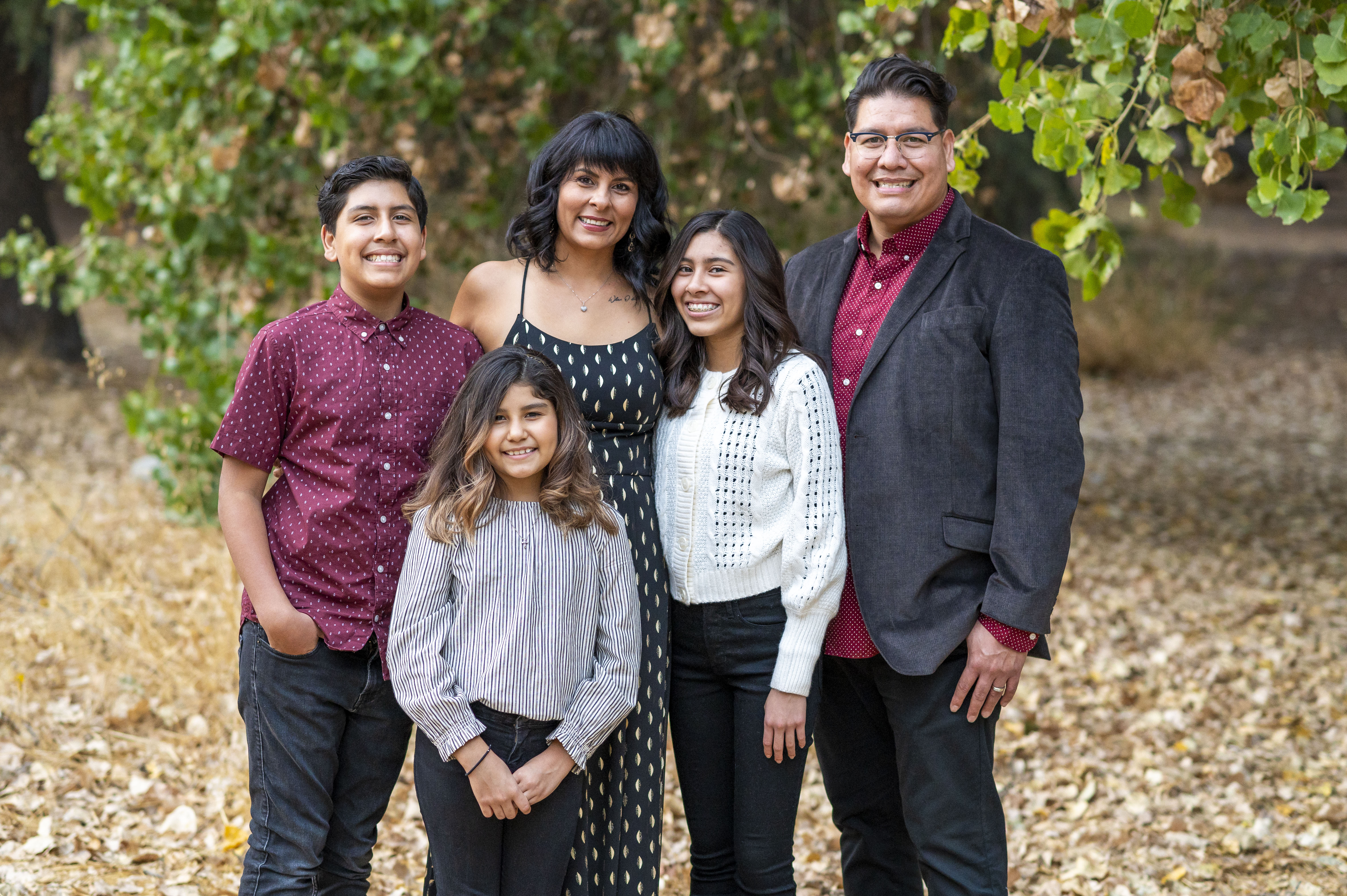
 By Lisa L. McGloiry
By Lisa L. McGloiry
1. In honor of National Hispanic Heritage Month, please tell us why you love Hispanic culture and traditions?
There is so much beauty in different cultures, and we forget where we come from too often. One of the beauties of celebrating each others heritage is remembering that our ancestral line goes back thousands of years. As a first-generation Mexican-American, I have found myself sometimes stuck between two cultures. I grew up here in America, and when I went to elementary school, I didn’t speak any English. To Americans, I wasn’t American enough. On the other hand, I wasn’t Mexican enough to my parents, who only spoke Spanish. I found myself between two very distinct cultures.
One of the things that I love about National Hispanic Heritage Month is that it gives Hispanic-Americans a safe space to say that we love our heritage. Specifically, I love the story of my parents and many other Latinos. Many looked to the United States as a land of dreams and promise. Those who immigrated to North America did so to look for opportunities that would fulfill their dreams for a better tomorrow and not out of rebellion for their own country.
I like to honor my heritage because of the vibrancy and beauty associated with Mexican culture — the people, the dancing, the sounds of Mariachi, and the taste of authentic Mexican cuisine. America has come to love and appreciate the food from Mexico. Still, it is equally important, if not more, to embrace and celebrate the people behind the food.
2. As a pastor, how does understanding and appreciating other diverse groups' cultural richness help Christians better share the Gospel with others, i.e., fulfill the Great Commission? What role does culture play in Christianity?
To better understand how to further The Gospel to different people groups, it’s important to remember Jesus’s words. Jesus said that we were to be witnesses in Jerusalem, Judea, Samaria, and to the ends of the earth. Often, we forget that He said this from the perspective of a Jewish Rabbi living in the Middle East. Here we are 2000 years later, and the Great Commission has not changed. Today, it applies to the ends of the earth, representing thousands of different people groups and cultures. So, it’s important to remember the guiding principles for the furtherance of the Gospel.
The Great Commission requires appreciating and navigating different cultural nuances to teach others how to live as citizens of God’s Kingdom. It’s important to note that we often think of missionaries from an American perspective. Today, we are not located in the Middle East, sending people to the ends of the earth to spread the Gospel. Currently, we are American protestants sending out missionaries throughout the world. I believe it is important to remember that as Americans, we are the “ends of the earth” that Jesus talked about. What if we reframed Jesus’s command and rethink “Jerusalem,” starting with our own “city” before we go into “Judea” (our own “state or region of the country.) When we talk to others about the Gospel’s good news, we should do so with the love and humility that Jesus taught to His disciples who were called to reach those around them.
In America, we have a melting pot of cultures. To better reach the ends of the earth, we must go through more training to understand other people groups and how to engage them. Jesus’s mandate applies when trying to reach our next-door neighbor who immigrated from India or the person across the street who was born in Australia. The Gospel of Jesus Christ is for everybody. Our responsibility as Christ-followers is to teach others what Kingdom Life looks like without having people feel that they must forsake their heritage and ethnicity. The Revelation church consists of those who have a new identity as followers of Jesus and can express themselves ethnically. To effectively and responsibly reach people of different cultures, we must be willing to listen to their stories, embrace them, and contextualize the Gospel for them.
3. What are some ways that individuals, families, and the Church can recognize and honor National Hispanic Heritage Month not only this month but throughout the year?
History plays a significant role in educating ourselves. Honoring somebody else requires that we look into other people’s cultures and hear their stories. When you study the history of any specific culture, it’s essential to seek out and listen to the personal stories from people in that particular ethnic group. In other words, it’s necessary to get to know real people, not just the historical facts. Doing so will also lead us to anecdotal accounts that further reveal the rich history of other people's ancestry.
If possible, get to know people in your Church and their personal stories — those who cook other foods, have varying accents and look different than you. Get to know them and their families. Ask them why they love Jesus, what they love about each other and their country. I think we would all be pleasantly surprised by the kind of answers we would receive. When we engage in these conversations, build relationships, honor one another, respect each other’s heritage, we will do as the Bible says — edify The Church.